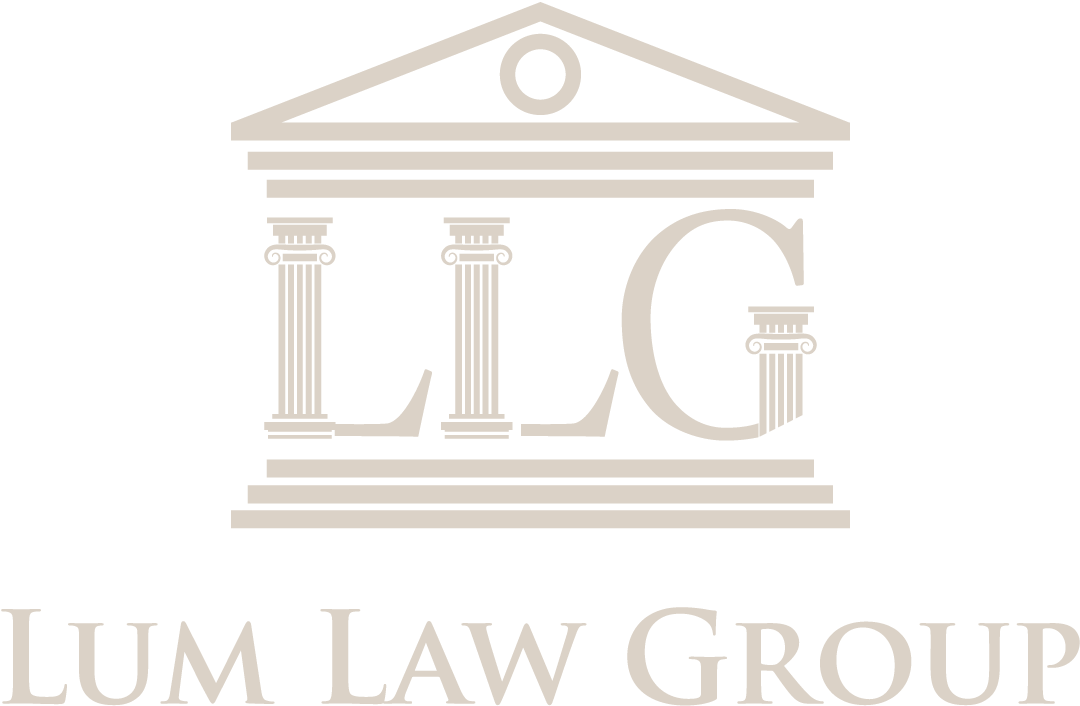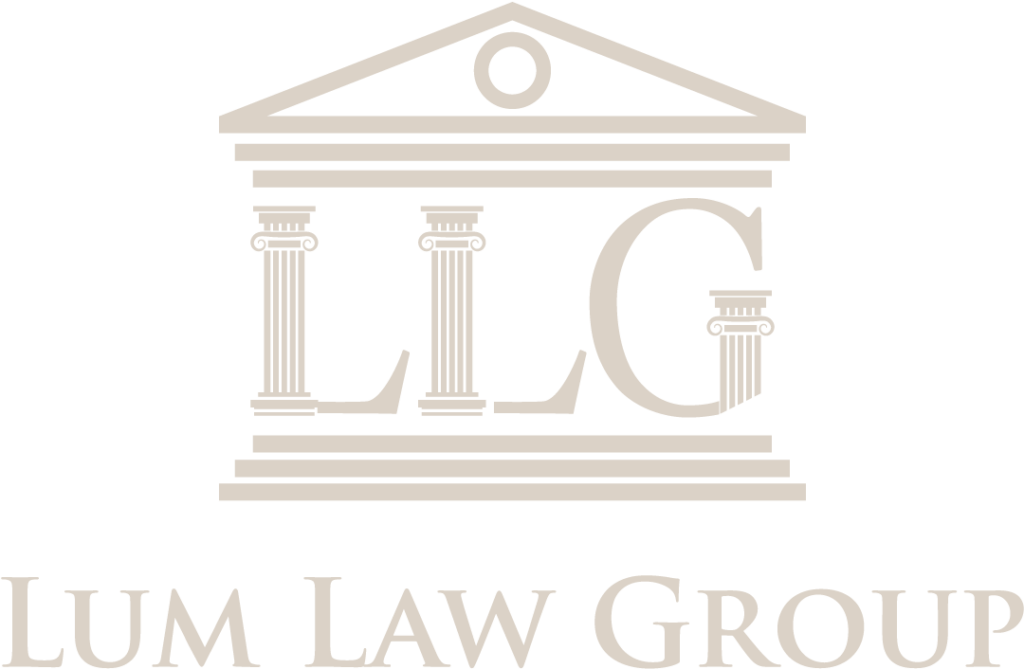Why even worry about your Intellectual Property?

Risk of loss There is always the risk you will lose the rights to your creations. With patents, your invention can become a public invention with no exclusive usage rights. With trademarks, your mark can become generic. In fact, “Google” might lose its trademark because they argue that the verb, “to google something”, is now […]
The Importance of Protecting your Intellectual Property

Intellectual property refers to creations of the intellect for which a monopoly is assigned to designated owners by law. Intellectual property rights are the rights granted to the creators of Intellectual property and include: trademarks, copyright, patents, industrial design rights, and in some jurisdictions trade secrets. Artistic works including music and literature, as well as […]
What is a Patent?

Definition of a Patent “Whoever invents or discovers any new and useful process, machine, manufacture, or composition of matter, or any new and useful improvement thereof, may obtain a patent therefor, subject to the conditions and requirements of this title.” – 35 USC, Section 101 Definition of an Inventor “The term “inventor” means the individual […]
What is Intellectual Property (IP)?

Intellectual property (IP) refers to creations of the mind: inventions, literary and artistic works, and symbols: names, images, and designs used in commerce. IP is divided into two categories: Industrial property, which includes… inventions (patents), trademarks, industrial designs, and geographic indications of source; Copyright, which includes… literary and artistic works, such as novels, poems, plays, […]
Recent Supreme Court Patent Ruling that Affects You, the Entrepreneur

Yesterday the Supreme Court made it easier for patent litigation winners to obtain their attorney fees from the losing party in “exceptional” cases. Although there are standards to be met, the Supreme Court has, in overturning the Federal Circuit, given more power to both plaintiffs and defendants when there is misconduct by either party during […]

